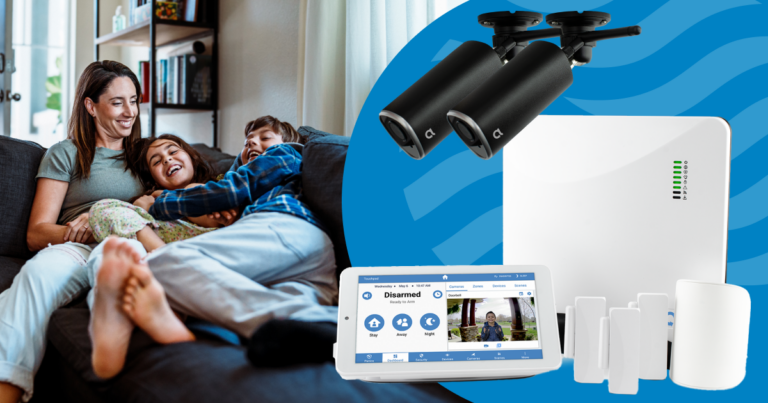Residents today have two proven options to choose from for home phone lines: Traditional telephone service or Voice over Internet Protocol (VoIP). Each of these simple, dependable home phone solutions offers advantages. So how does one decide which is best for his or her household?
Traditional Phone Service or POTS lines (Plain Old Telephone Services) have been around since the 1800s for good reason. POTS lines are reliable and do not require expensive equipment or an internet connection to make a call. A VoIP service is a relatively new option that is gaining popularity due to its reasonable cost, feature package and unlimited calling. Those on the fence about which option is best should carefully compare POTS versus VoIP to make an informed decision.
POTS vs. VoIP: What Are the Differences?
The main difference between a POTS line versus VoIP is the way the signal is transmitted. A landline uses an analog voice transmission system and a VoIP phone system converts the person’s voice into a digital signal carried over the internet.
Advantages of a Plain Old Telephone Service
Although POTS lines originated well before VoIP systems, these phones remain relevant. The dependability and ease of use a standard telephone offers might make replacing a POTS device unnecessary, especially if the home is already equipped for it. People who want a secure, straightforward line of communication can be satisfied with a POTS line.
Many continue to choose a POTS line for these advantages:
- Plug-and-play, easy-to-use setup
- Does not need a live internet connection to call
- Compatible with legacy fax machines and credit card processing equipment
- Stable and secure connections
- Allows precise location tracing for emergency calls
Advantages of Voice over Internet Protocol Systems
Even though VoIP gained popularity with businesses first, many people have made the switch to this feature-rich technology. VoIP is a more modern cousin of a landline, and since most households already have an internet connection, changing over is not a difficult process. Those who want to retain a home phone and enjoy expanded features will appreciate the advantages a VoIP service provides, including:
- Advanced capabilities, like call forwarding, anonymous call rejection, voicemail, and voicemail to email delivery
- Utilization of the same high-speed internet service most households already have
- Unlimited nationwide calling
- The capability to work anywhere there is an internet connection
Wireless phones get most of the attention these days, but these are not the only telephone options for residents. POTS lines rarely go down and reliable fiber home internet connections have improved the dependability of VoIP service. Either backup option offers residents peace of mind during wireless outages or if a smartphone is lost. When deciding between a POTS landline versus VoIP, contact FTC for an expert recommendation.




